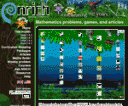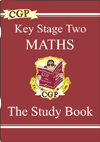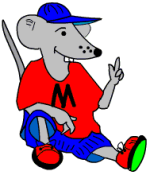 Those tricky 3D shape names! By year 4 children should be familiar with a number of 3D shapes, including,
Those tricky 3D shape names! By year 4 children should be familiar with a number of 3D shapes, including,
cube, cuboid, pyramid, sphere, hemisphere, cylinder, cone, prism, tetrahedron and polyhedron.
You can look up these words using an online dictionary such as the MathSphere dictionary or Kids Dictionary for Maths.
Continue reading “Maths worksheets: Identifying 3D shapes. Y4”
 Free maths game from
Free maths game from 
 The
The 

 Below are some maths problems written in words. They are known as ‘single step operations’ as only one mathematical process is necessary to solve them. Children find word problems very difficult, but the one step type are much, much easier than the two step.
Below are some maths problems written in words. They are known as ‘single step operations’ as only one mathematical process is necessary to solve them. Children find word problems very difficult, but the one step type are much, much easier than the two step.